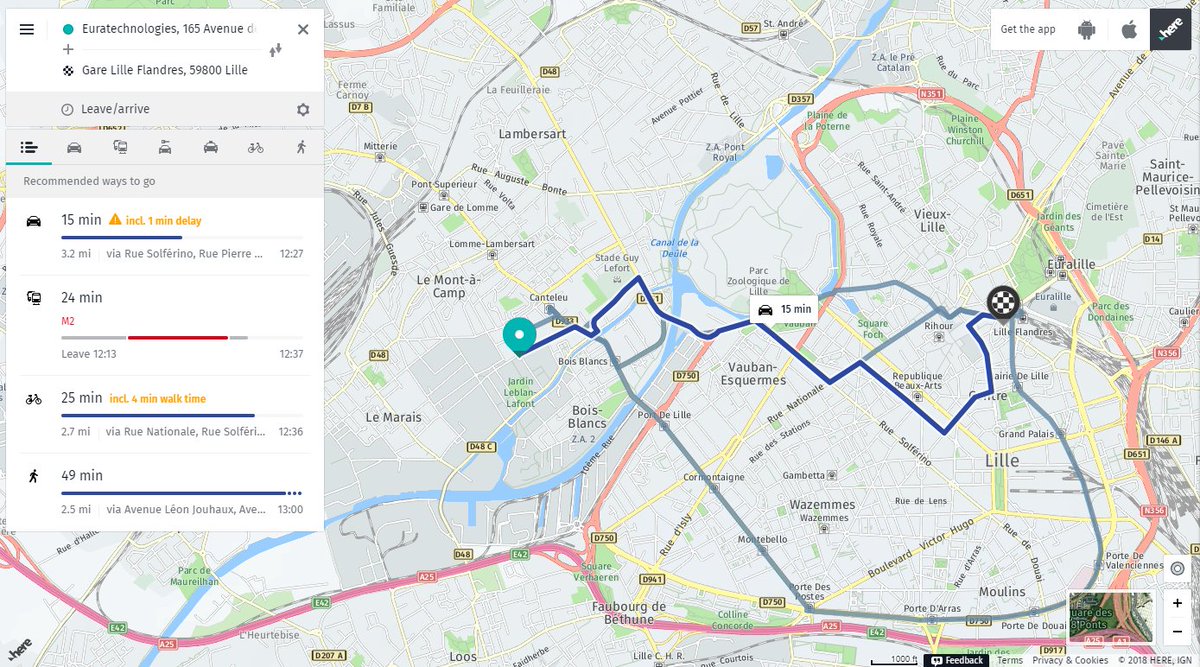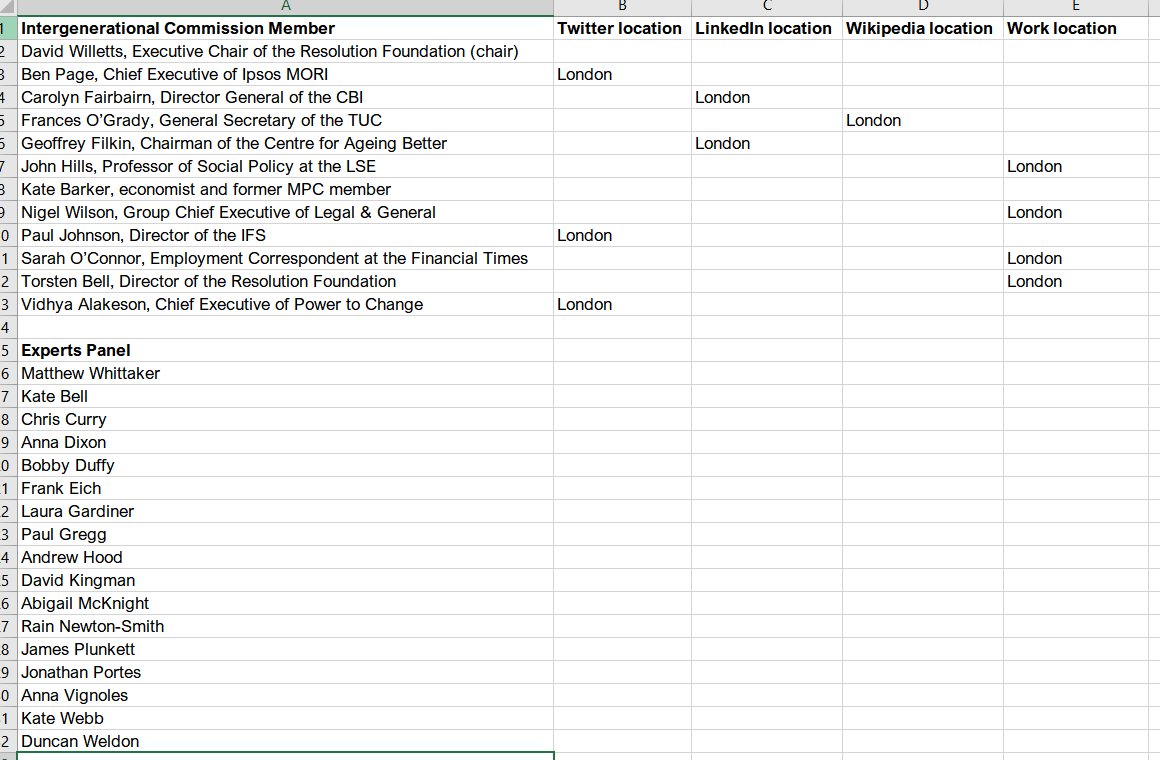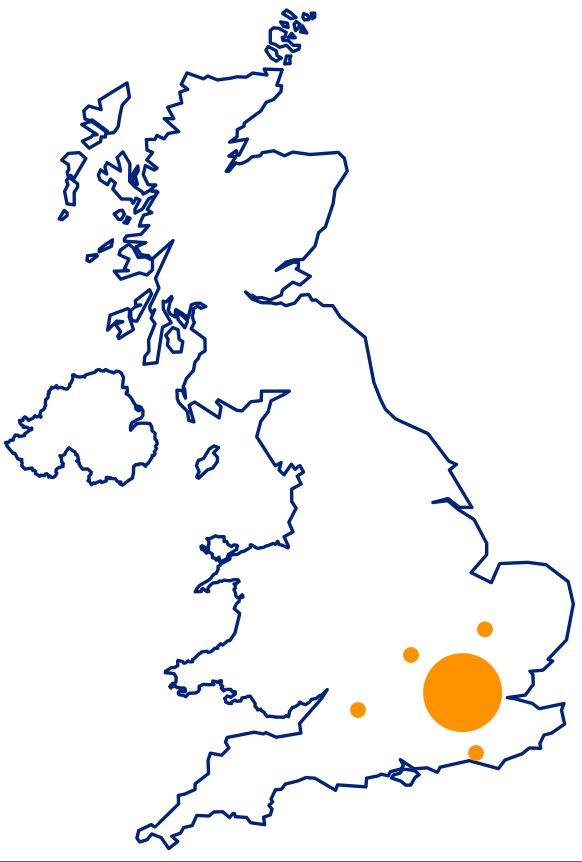A short thread from me about #opendata and transport.
1/ Ask Google Maps for public transport directions in Lille, and it'll probably tell you to walk. It might offer some out-of-date timetables for local trains. But it doesn't know about the trams, the metro, or local buses.


1/ Ask Google Maps for public transport directions in Lille, and it'll probably tell you to walk. It might offer some out-of-date timetables for local trains. But it doesn't know about the trams, the metro, or local buses.
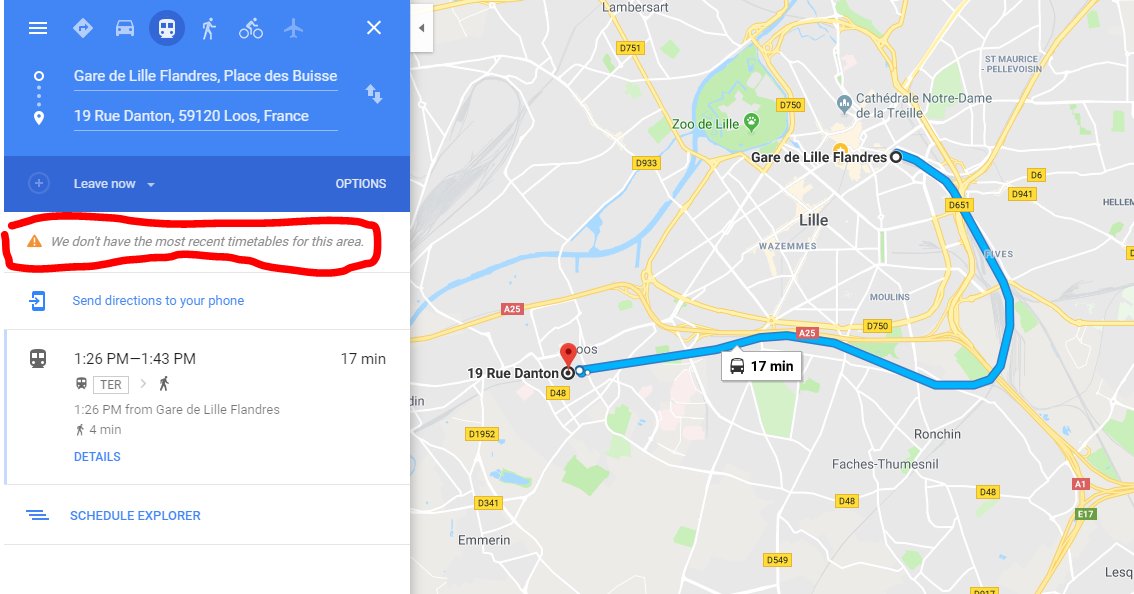
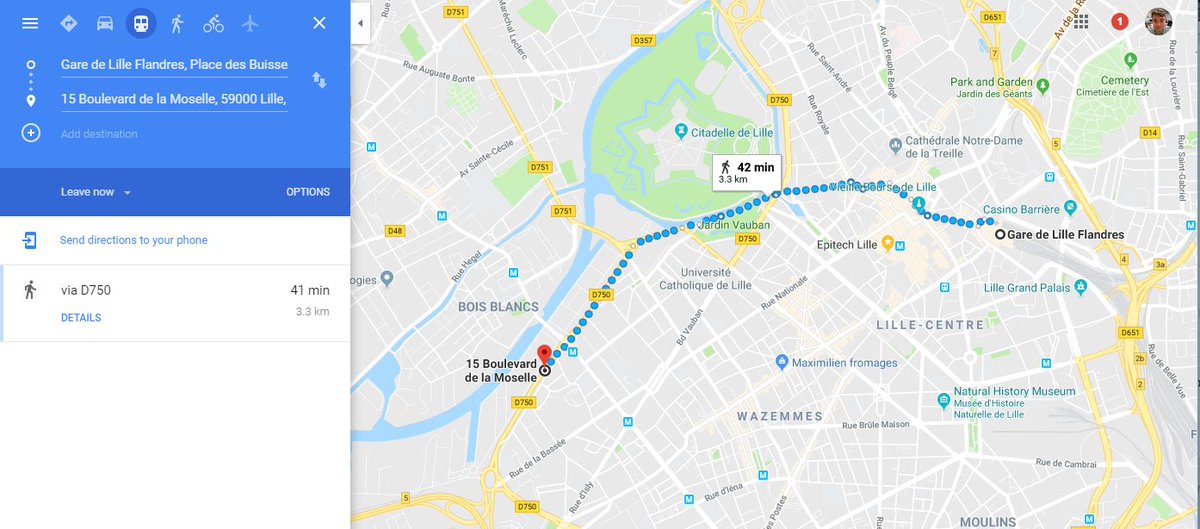
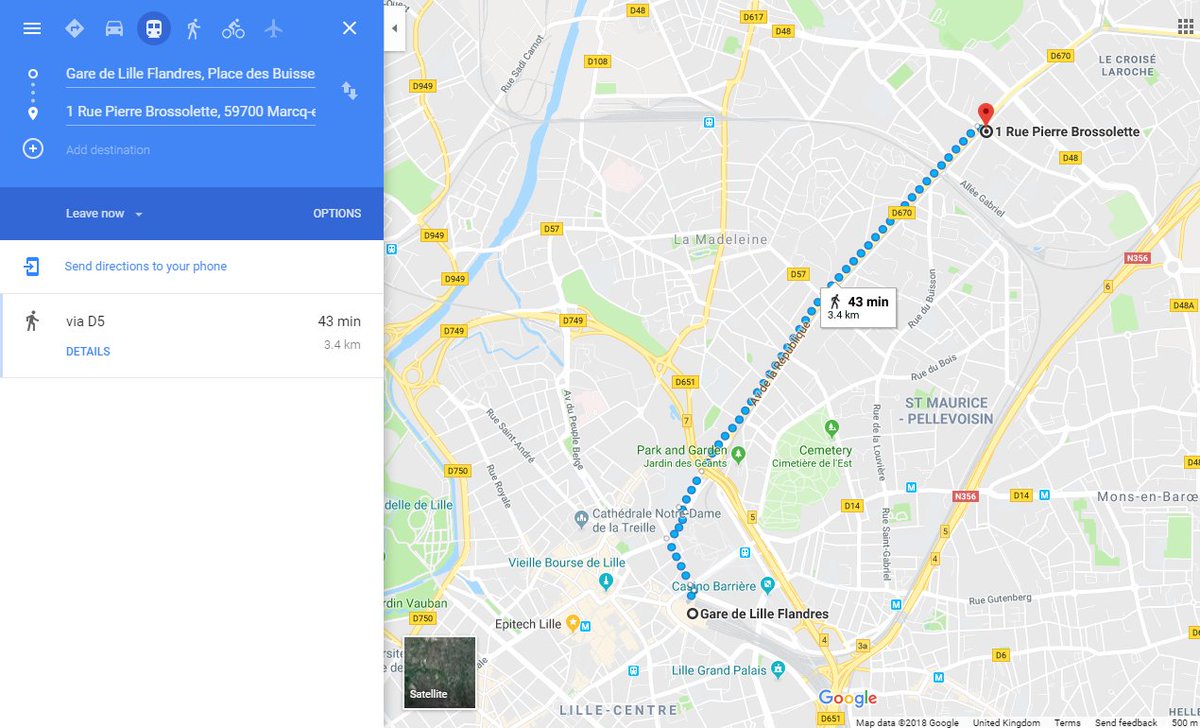
2/ Pop over to Rennes (consistently France's best city at #opendata) and you'll get metro and bus and train times and usually the (very simple) fare. 

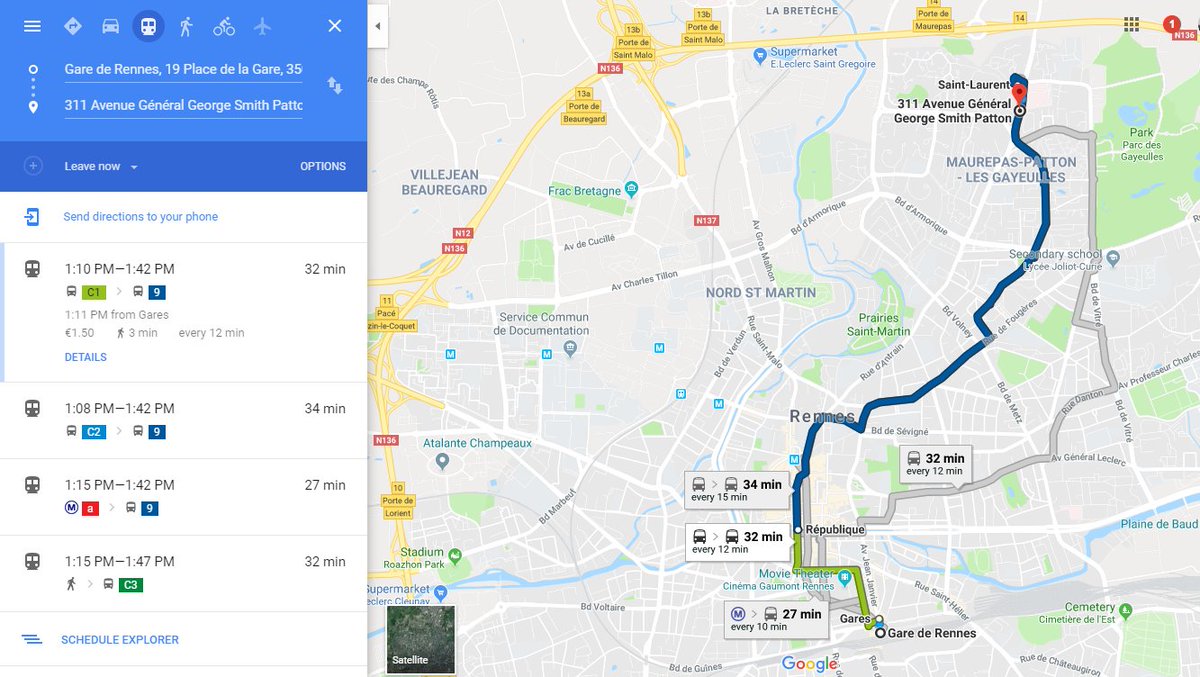
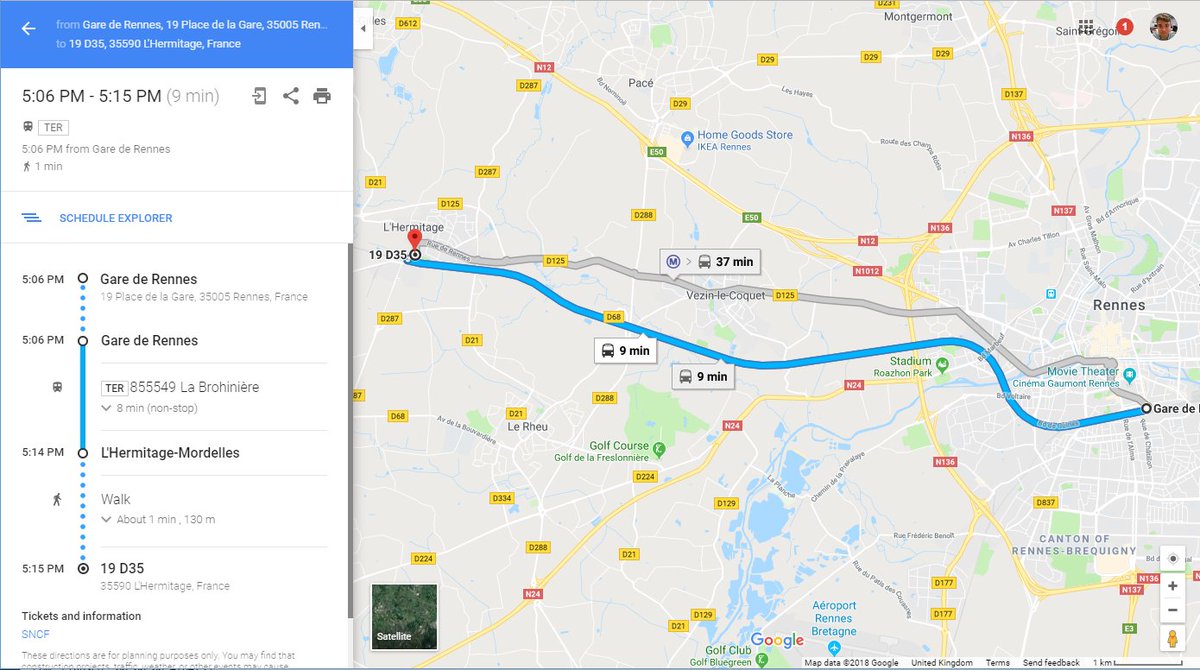
4/ Back to Rennes again, you'll also get most of the stuff -- but not the trains this time.
5/ How does this compare to Great Britain? Not well. Great Britain has fantastic national data infrastructure for transport. Ask Google Maps for almost any journey (honestly, >99.9% coverage) and it'll give you accurate information. 



6/ This national #opendata infrastructure is something that UK national bodies are rightly pretty proud of. Lots of origins of it; a generally open and collaborative culture, a very strong central government, and the investment required to make national privatisation work.
7/ But, as I've been saying for about 5 years now, there are some pretty big downsides too. When a big financial services consultancy releases a big report with a big number explaining how #opendata is good for the economy they don't even see the downsides. Few Britons do.
8/ Excellent transport #opendata infrastructure in Great Britain was much easier to achieve because almost everything is national. There is much less room for local innovation, investment, and accountability. If your bus or trains services are bad, you write to your MP. Madness.
9/ The UK is now about where I expected it would be. We got ahead on #opendata by bringing everything into the centre and moving faster from there. But now we're at the limit of that approach, and other countries that took a less centralised approach will overtake us.
10/ I expect that a lot of Brits will call this an "early adopters curse" or something. It makes us feel better. But that's not really what happened. We took this undemocratic and disconnected shortcut right at the start, and now we have to pay that debt back.
11/ ps. Google Maps can't give you a public transport suggestion in Toulouse, because not as good #opendata, but in contrast to all of the UK's mid-size cities -- public transport has gone up, is going up, and is at record highs. ladepeche.fr/article/2017/1… 
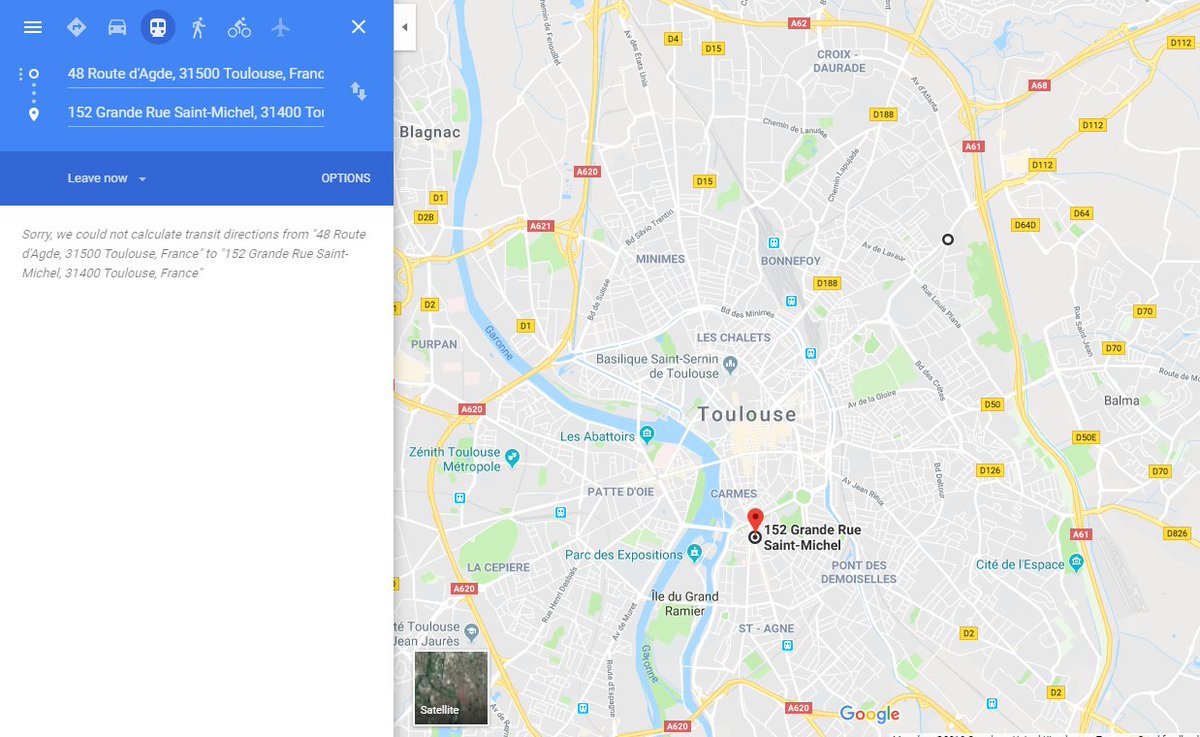
• • •
Missing some Tweet in this thread? You can try to
force a refresh

